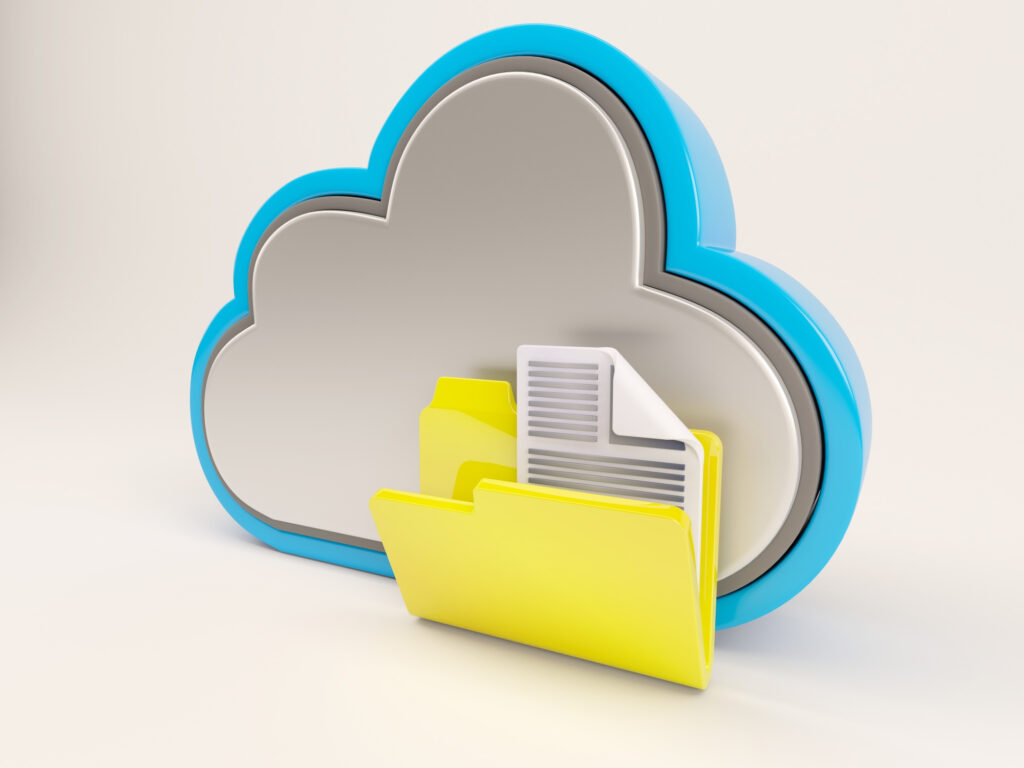In the era of digital transformation, businesses and individuals alike are increasingly reliant on servers to store, process, and transmit data. These powerful machines act as the backbone of modern computing, enabling everything from website hosting to complex data analysis. However, when it comes to choosing a server solution, two distinct options emerge: cloud servers and own servers. Each approach presents its own set of advantages and disadvantages, making the decision a critical one for any organization or individual.
Cloud Servers: A Realm of Virtual Infrastructure
Cloud servers, also known as virtual private servers (VPS), offer a compelling solution for those seeking flexibility, scalability, and cost-effectiveness. Unlike traditional on-premise servers, cloud servers reside in remote data centers managed by reputable cloud providers like Amazon Web Services (AWS), Microsoft Azure, and Google Cloud Platform (GCP). This remote location eliminates the need for businesses to invest in physical hardware, maintenance, and upgrades.
Advantages of Cloud Servers:
- Scalability: Cloud servers provide exceptional scalability, allowing users to easily scale their server resources up or down to match fluctuating demands. This flexibility proves invaluable for businesses with dynamic workloads or unpredictable traffic patterns.
- Cost-effectiveness: Cloud servers eliminate the upfront costs associated with purchasing, installing, and maintaining physical hardware. Instead, users pay a monthly subscription fee based on their actual usage, reducing overall IT expenses.
- Managed Services: Cloud providers often offer managed services, taking care of server maintenance, updates, and security, freeing up users to focus on their core business activities.
- High Availability: Cloud servers are designed with redundancy and failover mechanisms, ensuring high availability and minimal downtime, even in the event of hardware failures or network disruptions.
- Global Reach: Cloud servers offer global reach, allowing users to deploy their applications and data in multiple data centers worldwide, ensuring optimal performance and accessibility for users across the globe.
Disadvantages of Cloud Servers:
- Limited Control: Cloud servers offer less control over the underlying hardware and software compared to own servers. Users must adhere to the cloud provider’s service level agreements (SLAs) and resource limitations.
- Potential Security Risks: While cloud providers implement robust security measures, there remains an inherent risk associated with storing sensitive data in a third-party environment.
- Latency Concerns: In certain use cases, cloud servers may introduce latency issues due to the physical distance between the user and the data center.
Own Servers: Maintaining Control in Your Realm
Own servers, also known as dedicated servers, provide businesses with complete control over their hardware and software infrastructure. These physical servers reside within the organization’s premises, offering the ultimate level of customization and security.
Advantages of Own Servers:
- Complete Control: Own servers grant users complete control over the hardware, software, and configuration, enabling them to tailor the server environment to their specific needs.
- Security: Organizations maintain direct physical and logical control over their servers, minimizing the risk of unauthorized access or data breaches.
- Customization: Own servers offer extensive customization options, allowing users to select the hardware components, operating system, and software applications that best suit their requirements.
- Performance Optimization: Own servers can be optimized for specific workloads, ensuring optimal performance and responsiveness for demanding applications.
Disadvantages of Own Servers:
- Upfront Costs: Own servers require significant upfront investments in hardware, software, installation, and maintenance.
- Ongoing Maintenance: Organizations must handle server maintenance, upgrades, and security patches in-house, requiring dedicated IT expertise.
- Limited Scalability: Scalability can be challenging with own servers, as additional hardware must be purchased and installed to meet increasing demands.
Choosing the Right Path
The choice between cloud servers and own servers depends on various factors, including organizational needs, budget, technical expertise, and security priorities. For businesses seeking flexibility, scalability, and cost-effectiveness, cloud servers provide an attractive option. On the other hand, organizations prioritizing control, security, and performance may find own servers to be a more suitable choice. Ultimately, the decision should align with the specific requirements and strategic goals of the organization.
